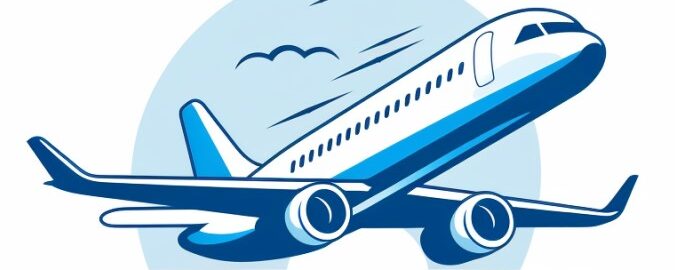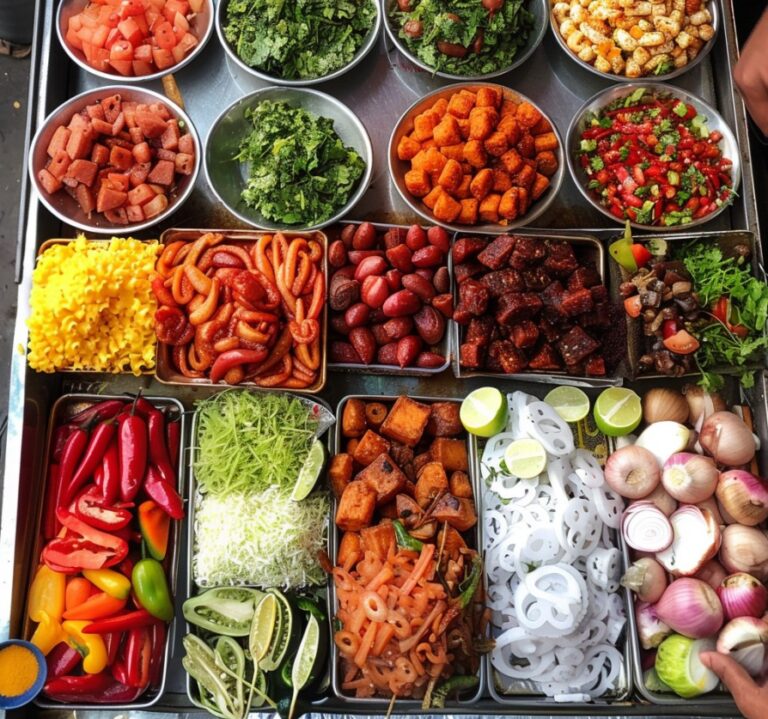Medications not allowed in Bolivia
In Bolivia, the regulation of drug prescribing information is a critical aspect of healthcare governance. The country has specific guidelines regarding the prescribing information of drugs, focusing on ensuring the rational use of medications and providing essential information to both healthcare professionals and patients.
List of Medications Not Allowed in Bolivia
Specific prescription medications that are banned or restricted in Bolivia include strong painkillers like opioids (e.g., oxycodone, hydrocodone), certain stimulants (e.g., Adderall), and sedatives (e.g., Xanax). It is crucial to consult the Bolivian embassy or consulate for the most up-to-date information on restricted medications before traveling to Bolivia.
Some drugs that are prohibited on the territory of Bolivia include:
- Coca leaves
- Synthetic narcotic drugs
- Drugs that are not approved by the Bolivian government
- Drugs that are not prescribed by a doctor
- Drugs that are not necessary for medical or scientific purposes
It is important to note that the list of prohibited drugs may change over time, so it is recommended to check with the Bolivian embassy or consulate for the most up-to-date information on prohibited drugs before traveling to Bolivia.
How to get a prescription in Bolivia
To get a prescription in Bolivia, you can follow these guidelines based on the search results:
- Pharmacies in Bolivia: Pharmacies are widely available throughout Bolivia, offering both prescription and over-the-counter medications. It is essential to note that pharmacies play a crucial role in providing access to medications in the country.
- Birth Control Pills: In Bolivia, you can purchase birth control pills without a prescription at pharmacies. This accessibility indicates that certain medications, like birth control pills, can be obtained without the need for a prescription.
- Emergency Contraception: While emergency contraception (morning after pill) technically requires a prescription in Bolivia, it is reported that pharmacists often sell it over-the-counter along with many other medications. This practice makes emergency contraception readily available without strict enforcement of the prescription requirement.
- Medical Assistance: The U.S. Embassy in Bolivia provides information on medical professionals and facilities; however, it is important to note that they do not endorse or guarantee the quality of services provided by these entities. This resource can be helpful for finding medical assistance but does not specifically address obtaining prescriptions.
In summary, to obtain a prescription in Bolivia, you can visit pharmacies where certain medications like birth control pills are available without a prescription. Additionally, while some medications technically require prescriptions, it is common practice for pharmacists to sell them over-the-counter.

How to get antibiotics in Bolivia
To get antibiotics in Bolivia, you can visit pharmacies located throughout the country where both prescription and over-the-counter medications are widely available. It is essential to note that some prescription drugs may be illegal in certain countries, so it is advisable to verify the legality of your prescriptions with Bolivia’s embassy before traveling.
In some cases, you may need a prescription from a doctor to obtain antibiotics. Additionally, travelers going to specific areas of Bolivia are recommended by the CDC to take prescription medicine to prevent malaria, emphasizing the importance of being prepared with necessary medications before your trip.
Law 1008 and Human Rights Violations
One significant issue in Bolivia is Law 1008, which has been associated with human rights abuses. Under this law, individuals charged with drug offenses, regardless of severity, can be imprisoned without the possibility of pre-trial release. Even if acquitted, they must remain in prison until the Supreme Court reviews the trial court’s decision, leading to prolonged detention in overcrowded and poor prison conditions.
Impact on Democracy and Human Rights
The focus on counternarcotics efforts in Bolivia has raised concerns about the impact on democracy and human rights. Recent events have highlighted the challenges faced by the Bolivian government, including political tensions, a state of siege declaration, and arrests of labor leaders opposing government initiatives. These actions have sparked domestic furor and international scrutiny.
Proposal to Remove Coca Leaf from Prohibited Substances List
Colombia and Bolivia are advocating for the removal of coca leaves from the list of prohibited substances by the United Nations Commission on Narcotic Drugs. This proposal aims to recognize the traditional uses of coca leaves beyond cocaine production, emphasizing their cultural and medicinal significance in Latin American countries like Bolivia.
COVID-19 Pandemic Challenges
The COVID-19 pandemic has exacerbated existing challenges in Bolivia’s healthcare system. Distrust towards authorities and healthcare workers, health inequalities limiting access to hospitals and testing, and desperate measures like self-medication have characterized the country’s response to the pandemic. The heavy toll of COVID-19 has underscored systemic issues within Bolivia’s healthcare infrastructure.
Popular pharmacies in Bolivia
In Bolivia, pharmacies, known as “farmacias,” are commonly found in most towns, with larger places having more options. Here are some insights into popular pharmacies and the pharmaceutical market in Bolivia:
- Pharmacy Options:
- Galloway-Sands Pharmacy: A well-regarded pharmacy in Bolivia, NC 28422.
- Thomas Drugs Of Oak Island: Another reputable pharmacy in the same area.
- Walgreens, CVS Pharmacy, and Market Street Pharmacy: Chain pharmacies also present in Bolivia, NC 28422.
- Pharmaceutical Market:
- The pharmaceutical market in Bolivia is valued at around USD 0.35 billion with a growth rate of 6.10%.
- Major players include U.S. & European companies, with South American Express S.A. leading as an importer & distributor of pharmaceutical products.
- Other notable companies include Merck Bolivia, Inversiones Veterinarias S.A., Sucursal Bolivia, Vimpex, Universal Pharma, Lebpharma, Eddie, Laboratorios Bag & De Bolivia S.A., and Farmedical Corp.
- Regulations and Market Dynamics:
- Companies must register their products with the Ministry of Health and gain approval from the National Pharmacology Directorate.
- The Bolivian Government tends to sole source its purchases for efficiency but occasionally advertises tenders for healthcare procurement.
- India has become the third-largest exporter of pharmaceuticals to Bolivia.
- Challenges and Considerations:
- Bolivia heavily relies on imported medical products due to limited local production.
- Investing in Bolivia can be challenging due to transparency issues, a complex legal system, and regulatory transitions.
In conclusion, while popular pharmacies like Galloway-Sands Pharmacy and Thomas Drugs Of Oak Island serve the community in Bolivia, the pharmaceutical market is influenced by both local regulations and international dynamics, making it essential for companies to navigate these complexities for successful operations in the country.
In conclusion, Bolivia faces complex issues related to drug regulations, human rights violations in the context of counternarcotics efforts, challenges to democracy, proposals for coca leaf decriminalization, and significant healthcare challenges exacerbated by the COVID-19 pandemic. Addressing these multifaceted issues requires a comprehensive approach that balances public health objectives with respect for human rights and democratic principles.


